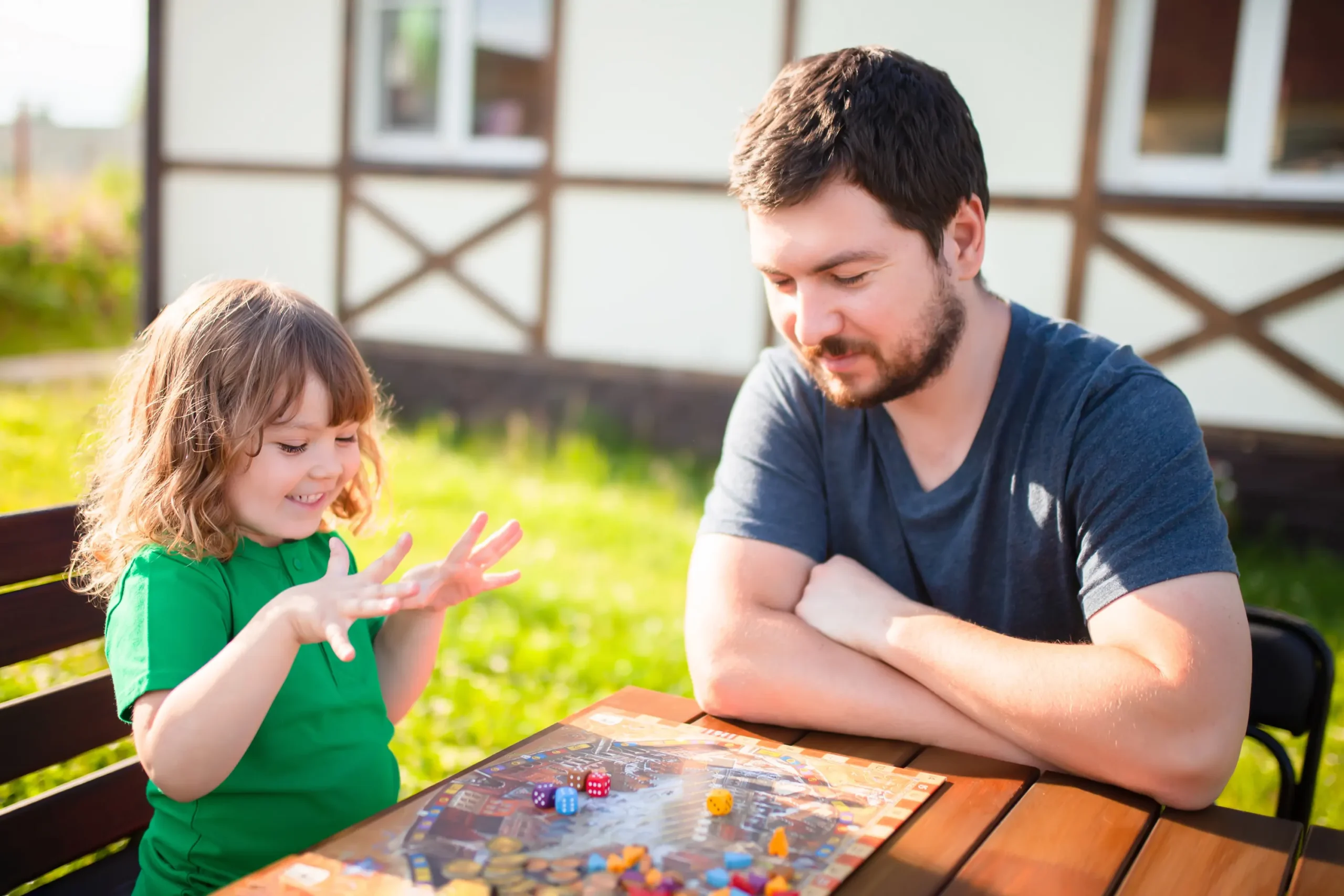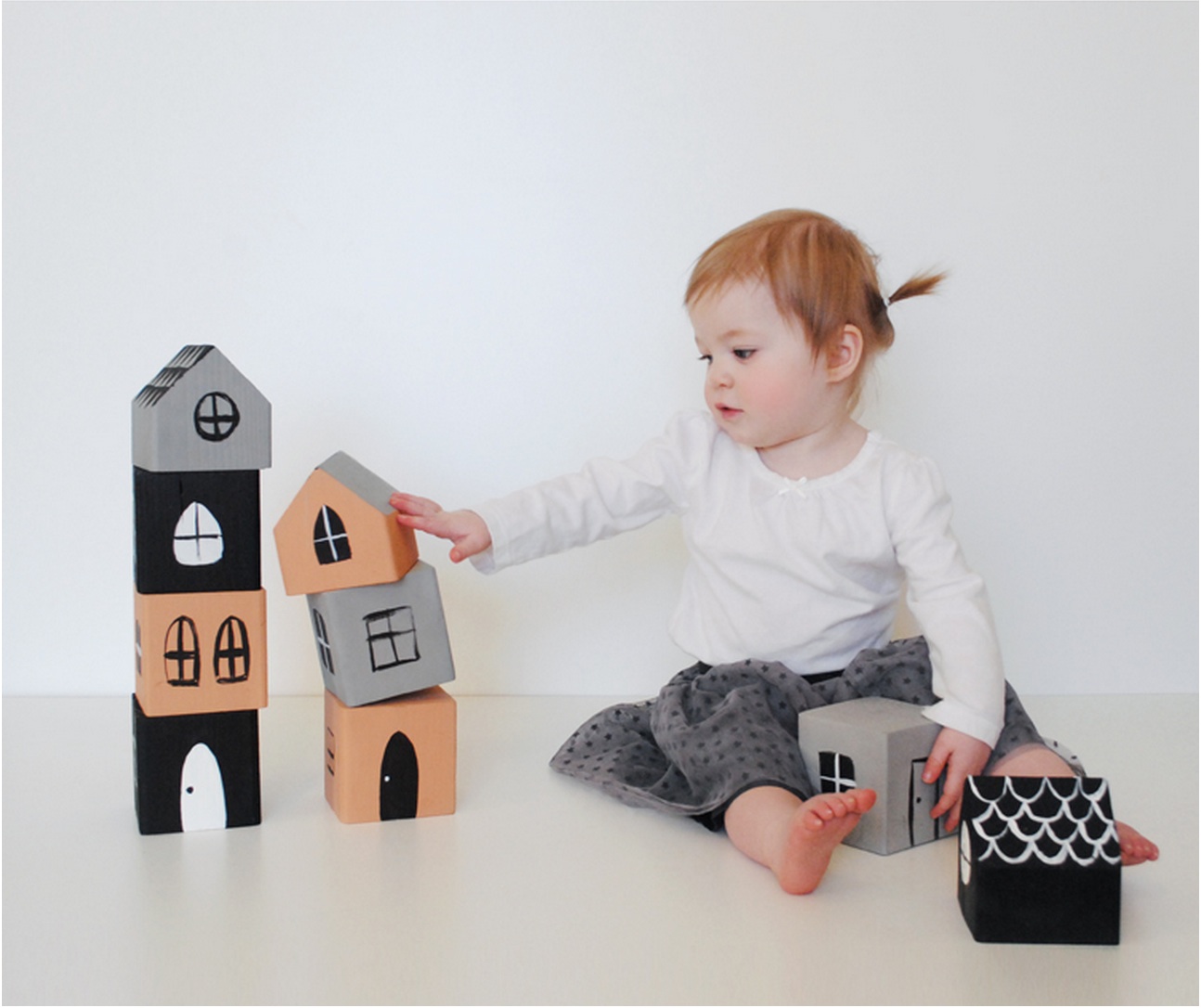
Harmony in Education: Navigating Positive Parent-Teacher Relationships
The corridors of education echo not only with the scribbles of lessons learned but also with the resonance of partnerships formed. Among the most significant alliances shaping a child’s educational voyage is the synergy between parents and teachers. As a dad, your role in this partnership extends far beyond the walls of the classroom, influencing the trajectory of your child’s growth and success.
The collaboration between parents and teachers is akin to a finely orchestrated symphony, where each note, played in harmony, contributes to the crescendo of a child’s academic and personal development. This partnership, rooted in understanding, respect, and active engagement, lays the groundwork for a fertile learning environment.
In this educational landscape, your involvement is not merely a checkbox on a parental to-do list; it is a pivotal force that shapes your child’s journey through academia and beyond. By nurturing a positive relationship with your child’s educators, you pave the way for a supportive network that nurtures their potential, strengths, and unique abilities.
This article serves as a guide through the labyrinth of parent-teacher relationships, illuminating the pathways to effective communication, collaborative problem-solving, and unwavering support. It’s an invitation to delve into the profound impact that a cohesive partnership between home and school can have on your child’s educational odyssey.
Join us as we explore the nuanced dynamics of fostering mutual respect, active engagement, and shared goals between parents and teachers. Let’s embark on this voyage together, recognizing that our collective efforts can mold not just academic achievers, but confident, resilient individuals prepared to navigate the world beyond textbooks.
The Foundation of Collaboration
At the heart of a successful parent-teacher relationship lies collaboration. Establishing an open line of communication from the outset sets the stage for a harmonious partnership. Attend parent-teacher conferences, engage in school events, and initiate conversations to better understand your child’s academic progress and any challenges they may face.
Mutual Respect and Understanding
Building a relationship based on mutual respect and understanding is key. Acknowledge the expertise and dedication of teachers while sharing insights into your child’s strengths, interests, and needs. This mutual exchange fosters a more comprehensive understanding of your child’s holistic development.
Active Engagement and Support
Demonstrate your commitment to your child’s education by actively engaging in their school life. Volunteer for school events, participate in parent-teacher associations, or offer assistance in classroom activities. Your involvement not only supports the school community but also shows your child the value you place on their education.
Constructive Communication
Effective communication is the cornerstone of a positive relationship. Be proactive in reaching out to teachers to discuss concerns or seek clarification. Express appreciation for their efforts and approach discussions with a solution-oriented mindset. This paves the way for constructive dialogues that benefit your child’s learning experience.
Empowering Your Child
Encourage your child to take ownership of their education. Teach them the importance of respecting teachers and seeking help when needed. By instilling a sense of responsibility and accountability, you empower them to actively engage in their learning journey.
Addressing Challenges Together
Difficulties may arise in a child’s educational journey. Approach challenges as opportunities for collaboration. Work alongside teachers to understand underlying issues and devise strategies that support your child’s academic and emotional needs. A unified approach between home and school can significantly impact a child’s progress.
Celebrating Achievements
Acknowledge and celebrate your child’s successes, both big and small. Share these accomplishments with teachers, recognizing the collaborative effort that led to these milestones. Positive reinforcement and appreciation strengthen the bond between home and school.
The Role of Consistency
Consistency in communication and support is fundamental. Regularly check in with teachers, stay informed about school activities, and maintain a consistent presence in your child’s educational journey. This consistency demonstrates your commitment to your child’s growth.
In conclusion, fostering a positive parent-teacher relationship is a cornerstone of supporting your child’s educational endeavors. Collaboration, understanding, and active involvement form the pillars of this partnership. By nurturing this relationship, you not only enrich your child’s learning experience but also contribute to a supportive educational ecosystem that nurtures success.
Let’s embark on this journey together, hand in hand with educators, to create an environment where every child can thrive academically, emotionally, and socially.




